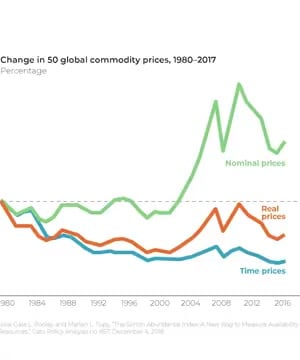What is time price?
Sources:
"Time price" is a concept that refers to the amount of time it takes for a person to earn enough money to buy a particular good or service. It provides an alternative way to measure the cost of things, based on the labor and time required to afford them rather than just their monetary price.
Here are the key points explained by various experts:
-
Definition:
- We buy things with money, but essentially we pay for them with our time. Time price converts the monetary cost of an item into the amount of time it takes to earn enough money to buy it 1 .
- For instance, if a product costs $20 and you earn $20 per hour, its time price is 1 hour. Time prices are expressed in hours and minutes, unlike money prices which are in dollars and cents 1 .
-
Advantages:
- Time is a universal and constant measurement, unlike money which can lose value due to inflation. This consistency makes time price a reliable metric.
- It can show the real cost of living changes over time by accounting for both inflation and wage increases. For example, if a service cost 3 hours of labor in 1800 but only 0.166 seconds today, it reflects significant economic progress 2 3 .
-
Historical Perspective:
- The concept has been around since early economic theories. Adam Smith in "The Wealth of Nations" discussed buying things with labor, essentially time.
- Recent studies, like those by Nobel Prize-winning economist William Nordhaus, have applied this concept to show immense improvements in productivity and efficiency over time, such as the cost of light 2 .
-
Implications:
- Understanding time price can influence how we view economic progress and resource availability. For example, despite an increasing global population, the time price of many resources has fallen, indicating greater efficiency and abundance 4 .
- It reinforces the importance of technological innovation in reducing time prices, thereby enhancing productivity and overall quality of life 3 .
The concept of time price provides a clearer and more realistic measure of economic value and progress by focusing on the most finite and equitable resource we have: our time.
RELATED QUESTIONS-



